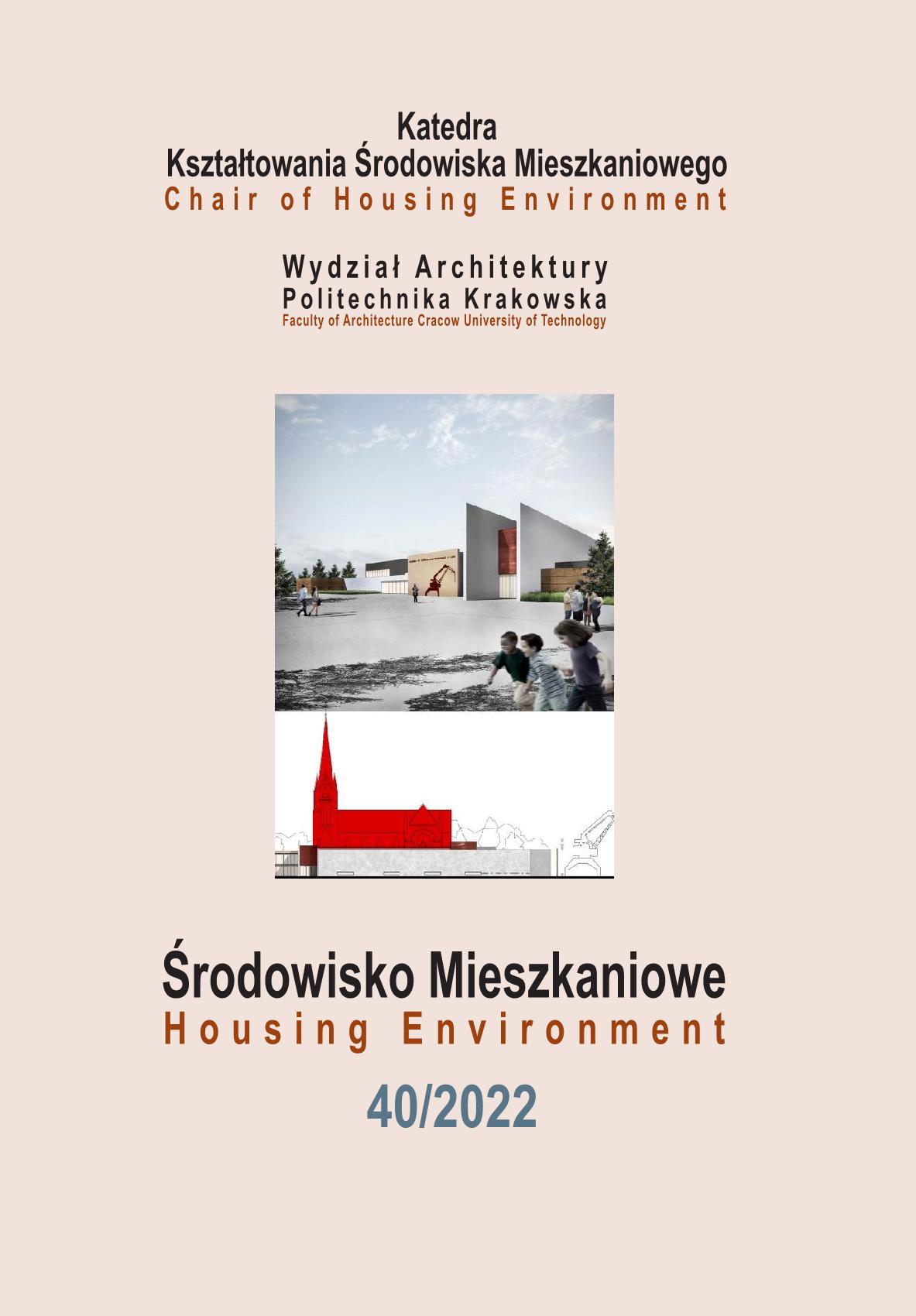Sacralisation and desacralisation of urban spaces as seen in Kraków and Lviv
Sacralisation and desacralisation of urban spaces as seen in Kraków and Lviv
Author(s): Leszek Bylina, Bohdan Cherkes, Michał UruszczakSubject(s): Architecture, Sociology of Culture, Environmental interactions, Sociology of Religion
Published by: Wydawnictwo Uniwersytetu Jagiellońskiego
Keywords: sacralisation; desacralisation; sacred landscape; the sacred; the profane; sign; designatum; ritual; Kraków; Lviv;
Summary/Abstract: The paper's objective is to shed light on the issue of sacralisation and desacralisation of space in cities with Kraków and Lviv as examples. The cities had been part of Poland for hundreds of years. They jointly suffered from the Partitions of Poland and were separated politically after the Second World War. Lviv joined the USSR and Kraków remained a Polish city. After 1990, Lviv became a major city of independent Ukraine. Several decades of Soviet (Lviv) socialism and Polish communist (Kraków) socialism have left a profound impression on their ‘sacred’ spaces, including the creation of new and the devastation of existing ones.The historical analysis of Kraków's and Lviv's urban spaces exhibited a continuous process of sacralisation, desacralisation, and sacralisation of some areas according to the current prevailing ideology or sociopolitical or religious doctrine. At the same time, a city, Kraków for example, can have certain ‘holy’ places that have remained unaffected by times of turmoil. To demon- strate what an urban sacred space is, the authors attempted to propose a scientific methodology for identifying such places.
Journal: Środowisko mieszkaniowe
- Issue Year: 2022
- Issue No: 40
- Page Range: 29-44
- Page Count: 16
- Language: English, Polish

